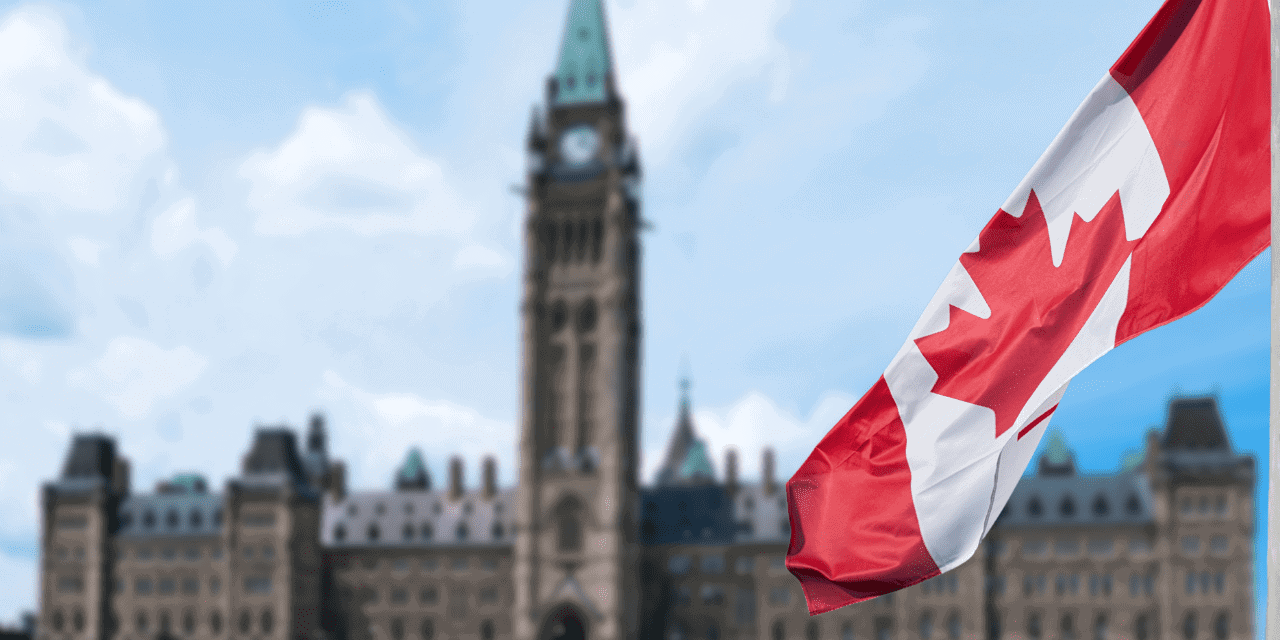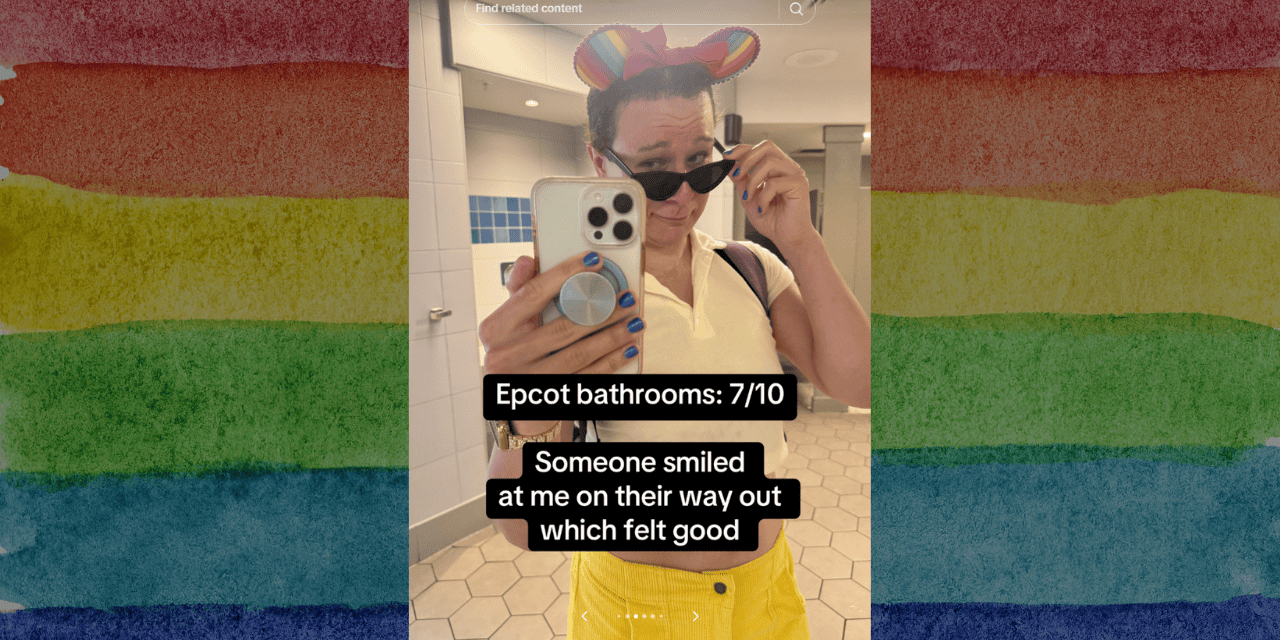Canadian ‘Conversion Therapy’ Ban Criminalizes Help for People With Unwanted Homosexuality and Gender Confusion

The Canadian Parliament passed Bill C-4, an act criminalizing help for those with unwanted homosexual attractions, behavior or identity. The legislation also makes it a criminal offence to help those struggling with gender identity issues to embrace their bodily reality.
Anyone who helps someone leave homosexuality or transgenderism could be imprisoned for up to five years. This includes parents who take a child out of Canada to see a therapist for help with their child’s gender confusion.
Opponents say the legislation “discriminates against Canadian religious groups, limits freedom of speech and discriminate against LGBTQ Canadians.”
The Canadian House of Commons passed the measure unanimously on December 1, while the Senate passed it unanimously on Tuesday, December 7. The bill now goes through a ceremonial process called “Royal Assent,” where Canada’s governor general, representing Queen Elizabeth II, gives assent to the bill. Bill C-4 goes into effect 30 days after this ceremony.
The legislation defines “conversion therapy” as “a practice, treatment or service designed to:
(a) change a person’s sexual orientation to heterosexual;
(b) change a person’s gender identity to cisgender;
(c) change a person’s gender expression so that it conforms to the sex assigned to the person at birth;
(d) repress or reduce non-heterosexual attraction or sexual behaviour;
(e) repress a person’s non-cisgender gender identity; or
(f) repress or reduce a person’s gender expression that does not conform to the sex assigned to the person at birth.”
So it will soon be illegal to help Canadians reduce their sexual attractions or change their gender identity – even if they choose to do so because of their conscience or religious convictions about sex and sexuality.
The new law also prohibits “an advertisement for conversion therapy,” lumping this together with other criminal offenses such as publishing written materials and recordings that are “obscene, child pornography, a voyeuristic recording, an intimate image, [or] an advertisement of sexual services.”
Seriously. The bill equates helping a child accept and embrace his or her bodily reality to be the same as publishing child pornography or advertising for prostitution.
“Conversion therapy” is a meaningless term, coined by those who oppose individuals finding freedom from homosexuality or transgenderism. It doesn’t define any specific therapeutic practice but is used to describe anything from parental opposition to healing prayer and from aversion therapy to talk therapies.
In addition, the media has consistently conflated the phrase with coercive or abusive methods, which ethical counselors and religious support groups don’t engage in.
In all my years of reading about this issue, the only journalist I remember who questioned what “conversion therapy” means is a writer for the Edmonton Journal, Liane Faulder.
In a 2019 article, “Conversion therapy: controversy swirls as definitions and dimensions remain elusive,” Faulder wrote that it “defies easy explanation,” adding that “it is variously described as anything from your grandmother saying you’ll burn in hell if you’re gay, to having electrodes deliver an electric shock to dissuade being aroused by pictures of same-sex intimacy.”
She added that that when she was covering a proposed ban in Edmonton, Alberta, city councilors who explored the issue “could not refer me to anyone who had been through the practice recently.” She wrote that “hard statistics on the practice range from largely non-existent to inaccurate.”
The legislature is banning a practice they can’t accurately quantify or describe. But because it is written in such broad terms, the law will affect religious groups that support people in walking out of homosexuality or gender confusion. And it affects therapists who help people with those issues. Those would now be considered “conversion therapy.”
The truth is, ethical therapists can’t promise to help people change from “gay” to “straight.” Just as a therapist can’t promise to completely fix someone’s alcoholism, relationship struggles or depression.
In his book Reparative Therapy of Male Homosexuality: A New Clinical Approach, Dr. Joseph Nicolosi explained, “Reparative therapy is not a ‘cure’ in the sense of erasing all homosexual feelings.
Nicolosi, a pioneering therapist who helped men with unwanted homosexuality, wrote that some men with unwanted same-sex attractions rejected the label “gay” because it described “a life-style and values they do not claim.” Such men experienced “conflict between their values and their sexual orientation.”
He helped men clarify family issues that may have contributed to the development of their feelings, understand their reactions to those issues, deal with guilt and shame, “improve a man’s way of relating to other men,” and strengthen masculine identification.”
Nicolosi’s type of therapy, and other therapies offered by licensed counselors, are never coercive, abusive or shaming. For Nicolosi, therapy was about honoring a client’s values and goals, not ignoring or denigrating them – as this legislation does.
The ban will likely face a challenge in Canadian courts, as it infringes on the Canadian Charter of Rights and Freedoms. Fundamental, protected Canadian rights and freedoms include freedom of conscience, religion, thought, belief, expression and association.
It also contravenes a recent poll which found that 91% of Canadians somewhat or strongly agree “that consenting adults should be free to get the sexuality counselling of their choice, regardless of their sexual orientation or gender identity.”
In addition, 72% somewhat or strongly agree with the statement, “Counselling services which take a wait and see approach should be available for minors who are thinking about changing their bodies with drug treatments.” Fourteen percent somewhat or strongly disagree, while another 14% had no opinion.
But no. The Canadian Parliament believes it knows best and is trampling on fundamental liberties and parental rights. It is harming individuals whose homosexuality or transgenderism is in conflict with their faith and values.
Related articles and resources:
Do People Change from Homosexuality? Hundreds of Stories of Hope and Transformation
Freedom from Homosexuality – What’s the Controversy?
Is Therapy to Leave Homosexuality Damaging? New Review Says, ‘No Proof of Harm’
New Study Shows Therapy to Leave Homosexuality Can Be Effective and Helpful
Therapy Bans Threaten Religious Freedom, Free Speech and Parental Rights
Photo from Shutterstock.
ABOUT THE AUTHOR
Jeff Johnston is a culture and policy analyst for Focus on the Family and a staff writer for the Daily Citizen. He researches, writes and teaches about topics of concern to families such as parental rights, religious freedom, LGBT issues, education and free speech. Johnston has been interviewed by CBS Sunday Morning, The New York Times, Associated Press News, The Christian Post, Rolling Stone and Vice, and is a frequent guest on radio and television outlets. He graduated Phi Beta Kappa from San Diego State University with a Bachelors in English and a Teaching Credential. He and his wife have been married 30 years and have three grown sons.




